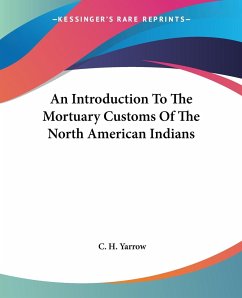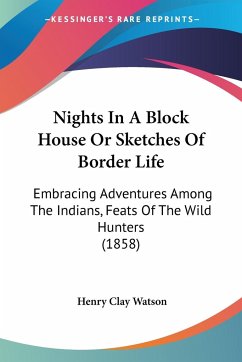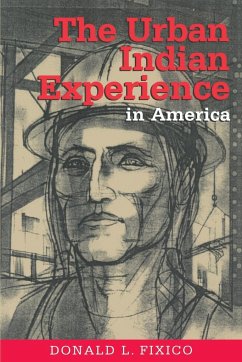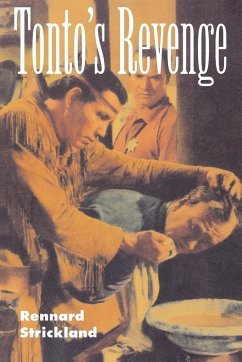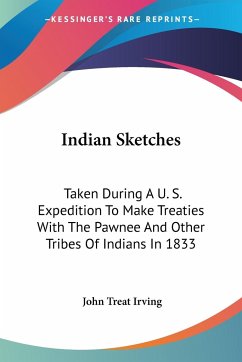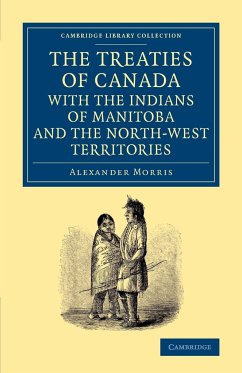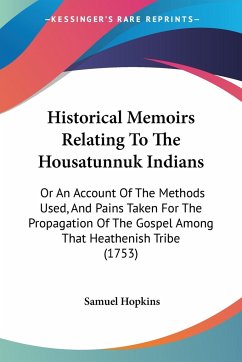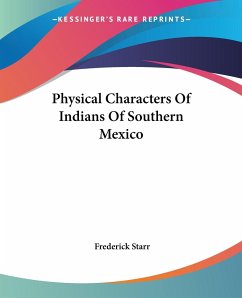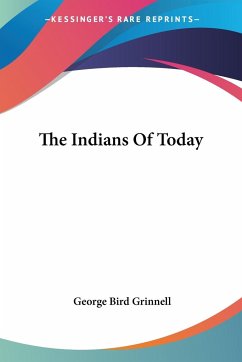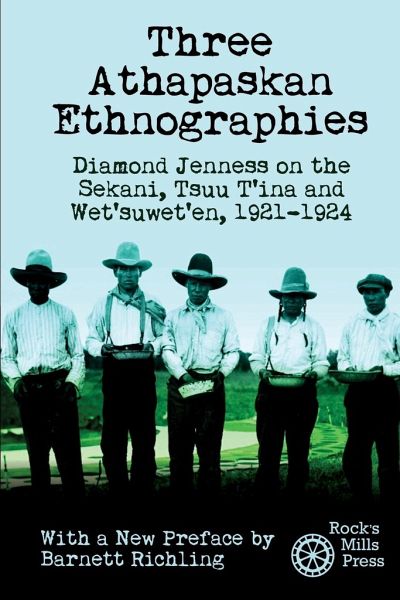
Three Athapaskan Ethnographies
Diamond Jenness on the Sekani, Tsuu T'ina and Wet'suwet'en, 1921-1924
Versandkostenfrei!
Versandfertig in 1-2 Wochen
27,99 €
inkl. MwSt.

PAYBACK Punkte
14 °P sammeln!
Available together in a single volume for the first time are Canadian anthropologist Diamond Jenness’ pioneering studies of three Athapaskan nations: the prairie-dwelling Tsuu T’ina of Alberta, and the Sekani and Wet’suwet’en in British Columbia’s mountainous northern interior. Based on his wide-ranging interviews with elders in the 1920s, these richly detailed and sympathetic ethnographies comprise a valuable record of the histories and cultures of indigenous communities, like myriad others across the country and around the world, struggling to preserve their autonomy and traditions...
Available together in a single volume for the first time are Canadian anthropologist Diamond Jenness’ pioneering studies of three Athapaskan nations: the prairie-dwelling Tsuu T’ina of Alberta, and the Sekani and Wet’suwet’en in British Columbia’s mountainous northern interior. Based on his wide-ranging interviews with elders in the 1920s, these richly detailed and sympathetic ethnographies comprise a valuable record of the histories and cultures of indigenous communities, like myriad others across the country and around the world, struggling to preserve their autonomy and traditions in the face of relentless assimilative forces. This edition contains original black and white photography, Jenness’ own drawings, and a wealth of stories collected firsthand from his informants. And in a new preface, Barnett Richling sketches the disciplinary and institutional background to early northern Athapaskan researches, and describes the local conditions Jenness met, and the methods he employed, while in the field. The work of one of Canada’s most distinguished anthropologists, this trio of keenly observed and meticulously drawn accounts remains fascinating reading to this day.





